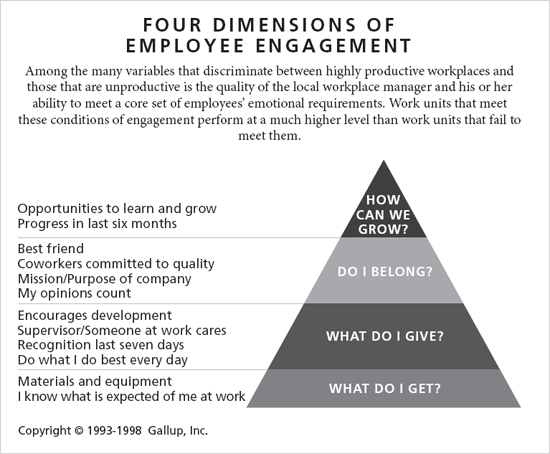There appears to be a general misconception that preparations for credible results processing can be done 2 to 3 weeks before a general election. What emerges is the bare minimum is done to get the process over as quickly and painfully as ever. Once the mistakes are realised, they are easily forgotten after an election when everyone seems to go dormant till the next time. If the same people are still around the next time, they realise too late the bad memories from the previous event. They just end up coping. Again!
Meanwhile the results system has not been audited by anyone. Whether it is tested in time is not our problem. We will deploy the laptops and hope for the best. But we don't have faith in this technology anyway. We will rely only on the paper trail and actual paper results from the returning officers. We will keep our voters and politicians in the dark, while we fumble around waiting for people to drive election results to the capital. We won't release the results in a slow steady stream, neither will we monitor any problems around results from the field. Petitions or complaints will be dealt with by the courts and we will say we ran a credible election. We just hope no one burns the country down in the meantime. Its not our fault!
As election practitioners we often sit back idly and watch while Rome burns. We craft a strategic plan once every 5 years after election, fail to review it regularly and wonder why we are battling so hard to get the work done. Election results processes are a case in point. From election to election we pay scant attention to this process until the last moment. And yet everything will revolve around this pivotal time. The election will be made or broken based on how this process is managed. Some suggestions that should be considered:
- do the planning for results immediately after registration is concluded, well before nomination
- test and re-test the systems in simulated environments AND in the field
- recruit the right people with the right skills
- conduct results validation as low down in the hierarchy as possible
- tally results at a high enough level to protect secrecy and polling stations
- manage the flow of results information so that stakeholders can stay updated
- put back-up systems in place for 90% of eventualities (you can't cover 100% anyway!)
- work out your monitoring/management/trouble-shooting processes well beforehand and don't be scared to be rigorous about it--results must be accurate and credible
- don't be scared of engaging politicians
- don't assume that everything is okay--check it yourself or ask for evidence of verification
